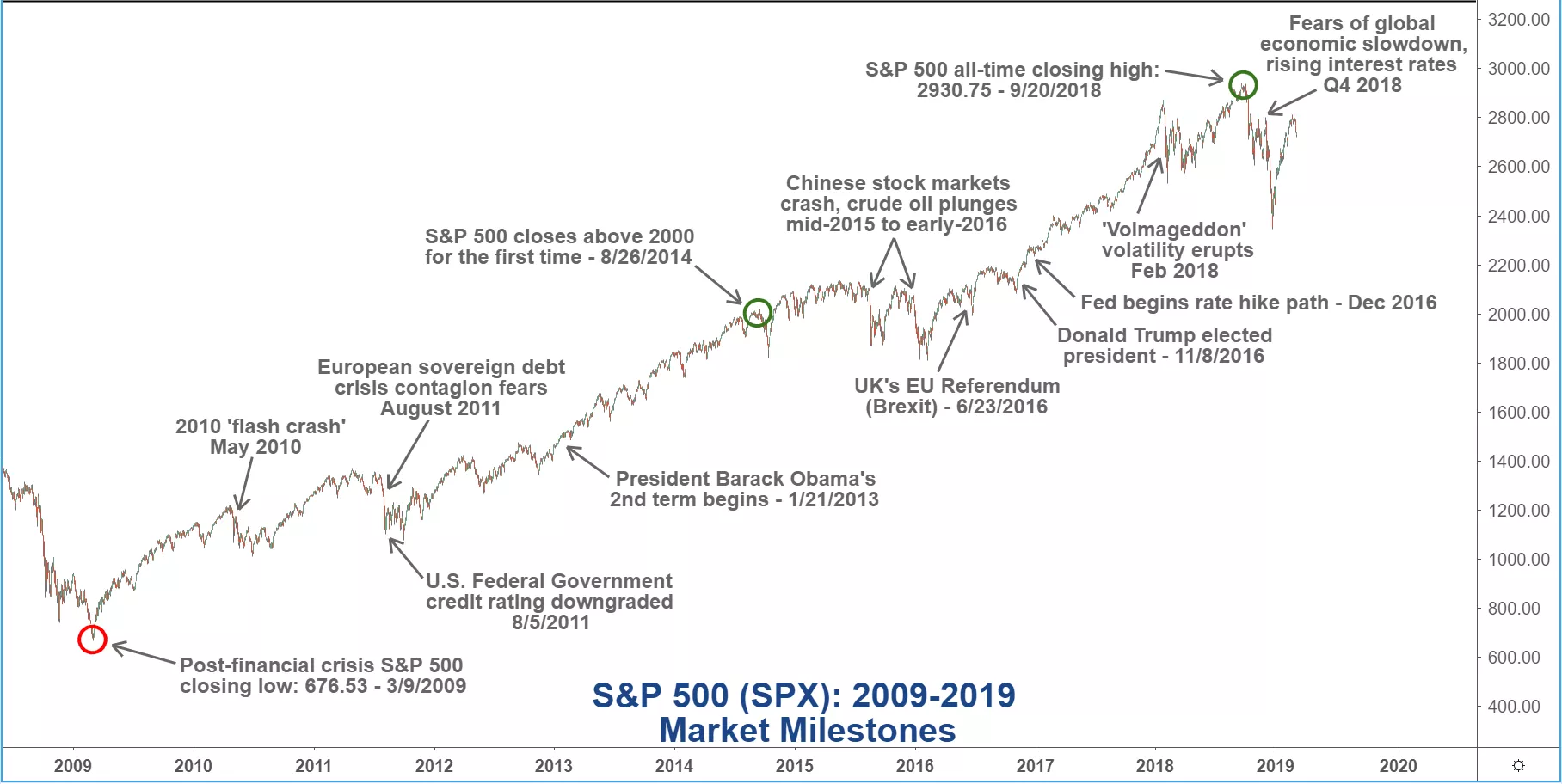We haven’t had very much “this is the end of the world” news since more than a year ago, so I imagine all eyes will be on what China plans to do with what’s at stake here.

Evergrande is probably the most popular name in the news right now. Will it become a new name on the “shit we overreacted about” list? I have no idea. But Bitcoin and Monday’s market performance seemed to think so.
The Backdrop
If you haven’t already read enough renditions on the Chinese real estate company, Evergrande Group, here is a quick outline as to why people care so much.
This company is a classic example of ‘overpromise and underperform.’
Evergrande is one of China’s mega-companies, with an entire EV subsidiary, a media production company. A theme park. A soccer team. Hell, even a mineral water company!
But the highlight of this story is that this is the second-largest real estate development company in the country. Which owns more than 1,300 buildings all across the country. Outside of its multifaceted business portfolio, it also offers wealth management products to Chinese and foreign investors (mainly hedge funds).
The problem is, the $30B company is massively over-leveraged and undercapitalized. The company needed to pay $83M on September 23; a sliver of the $300B+ it owes to its partners by the end of 2021.
And I Care, Why?
What people didn’t see behind the scenes is that Evergrande has been robbing Peter to pay Paul for a long time now. Borrowing from banks, foreign and domestic investors, and worse, their own employees. “Employees were told to each invest a certain amount of money in Evergrande Wealth products, and that if they failed to do so, their performance pay and bonuses would be docked.” Promising to return as high as an 11% return on investment.
These products were simultaneously (1) “categorised as fixed-income products suitable for ‘conservative investors seeking steady returns’” and (2) sold with 11% yields. Seems bad! – Matt Levine, Bloomberg reporter.
The cracks are now starting to show. The biggest two problems the company is facing right now is:
(1) It owes more than a million apartments to people who have already put down a deposit, and
(2) They owe billions to various debt holders, shareholders, and governments.
Many people are worried that due to the sheer size of this matter, this will reverberate throughout the global economy. How that ends back up to us as U.S. and global investors is: ‘who gets their money back and who gets screwed?’
12/ So what can Evergrande do now?
1. Liquidate existing assets (i.e. land) for cash
2. Restructure contract terms to push out maturity
3. Debt to equity swaps
4. Sell more equity
5. Declare bankruptcy
6. Wait for bailout— Ming Zhao (@FabiusMercurius) September 18, 2021
The reality is, in the event this entire company collapses, how much of your portfolio is actually allocated to emerging markets? Within that, how much exposure do you have to China?
Odds are, not much. As my conversation around the office went, how many people don’t even own investments outside of the United States? Once you factor in things like home country bias and China’s strict access to their capital markets, you’re left with the likelihood that no more than 15% of your portfolio is exposed to China’s governmental risk.
Less than 15% of our most aggressive portfolio is allocated towards emerging markets. So when it comes to a dollars and cents perspective, I don’t see much to worry about. From a 30,000 foot view, what seems to be the main concern is that China is the second-largest economy in the world. And in this particular situation, it just so happens that “real estate and related industries account for about 30% of Chinese GDP,” according to CNN’s Laura He.
What Happens Now?
What’s most likely next for Evergrande is to become what China calls an SOE, a state-owned enterprise.
What this means is the company will be restructured and receive financing from the government. Breaking the company into several separate entities, allowing them to continue operation to avoid a sudden catastrophic loss to people’s jobs, capital, and future living situation. A much more knowledgeable person on this topic than I – Iris Pang, chief economist for Greater China for ING – says that “the government’s crackdown on property and other industries could harm the economy.”
So, even if China wanted to use them as an example, the cons might outweigh the pros.
In short, I don’t see much, if any, business risk for the average American investor. Unless you have a sizeable position in a hedge fund exposed to Evergrande themself, you probably won’t be affected. As for the systematic risk, the market may have already priced this in as we saw with Monday, September 20th’s 2% decline.

